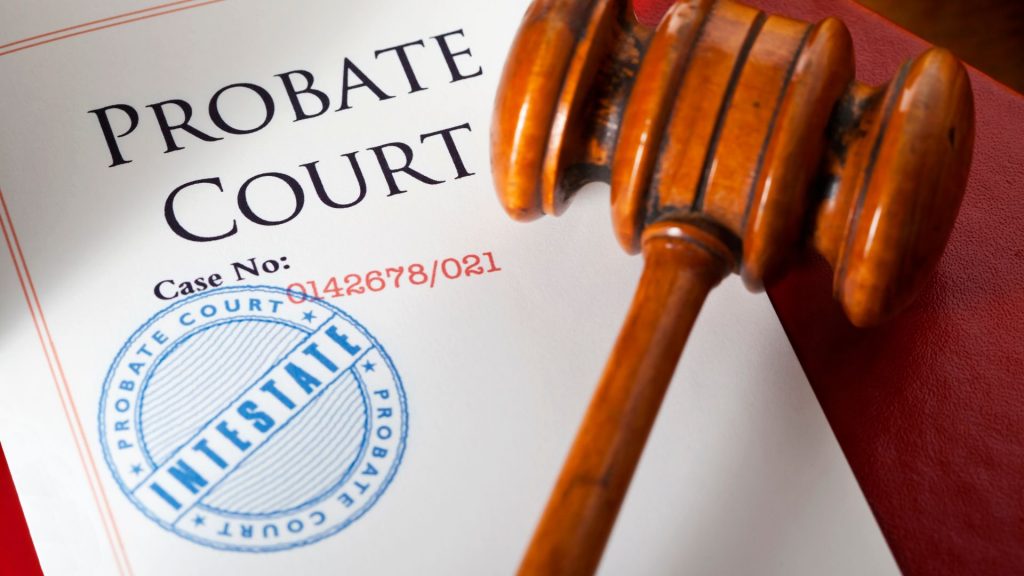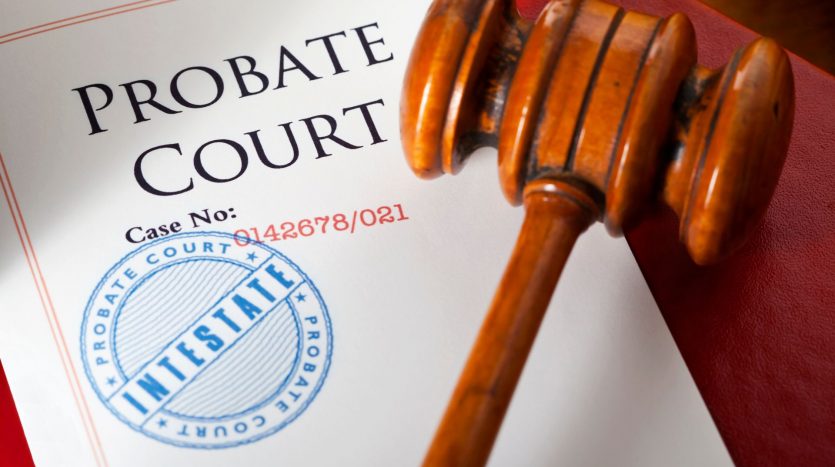Understanding Inheritance Law in the Philippines
Inheritance law in the Philippines is governed by the Civil Code and the Family Code. These codes outline the rules and procedures for the distribution of assets after a person’s death. In this blog post, we’ll provide an overview of inheritance law in the Philippines and explain the key concepts and procedures involved.
Intestate Succession

If a person dies without a valid will, the distribution of their assets will be according to the rules of intestate succession. The surviving heirs will receive the assets according to their legal relationship with the late owner. By the same token, the order of succession is as follows:
- Legitimate children and descendants
- Legitimate parents or ascendants
- Illegitimate children and descendants
- Surviving spouse
- Brothers and sisters and their descendants
- Relatives within the 5th degree of consanguinity
RELATED: What is a Legacy Drawer?
Testate Succession

If a person dies with a valid will, their assets will be distributed accordingly to the terms of the will. The will must be properly executed and comply with the requirements of the Civil Code and the Family Code. The testator refers to the person making the will. They may choose to distribute their assets among their heirs in any manner they see fit, subject to certain limitations under the law.
Forced Heirship

In the Philippines, there is a concept of forced heirship. This means that certain heirs have a right to a portion of the deceased’s assets. This is regardless of the terms of the will of the testator. These heirs include children and descendants, surviving spouses, and parents or ascendants.
Donations and Gifts

Donations and gifts made by the deceased during their lifetime may also affect the distribution of assets after their death. Moreover, these donations and gifts may be subject to certain legal restrictions and requirements.
Probate Proceedings

Probate proceedings are the legal procedures for the distribution of assets after a person’s death. In the Philippines, courts generally handle probate proceedings and involve the validation of the will, the determination of the heirs, and the distribution of the assets according to the terms of the will or the rules of intestate succession.
Estate Tax
In the Philippines, the distribution of assets after death may be subject to estate tax. Basically, the estate tax is a tax on the transfer of property from the deceased to their heirs. The rate of estate tax varies depending on the value of the estate and the relationship of the heirs to the deceased.
Understanding inheritance law in the Philippines is essential for proper estate planning and the distribution of assets after a person’s death. Additionally, by understanding the concepts and procedures within inheritance law, individuals can ensure that the distribution of their assets are according to their wishes and that their loved ones are provided for after their death. With the complications that come with inheritance, estate planning should be a point of consideration by everyone to ensure the proper distribution of assets. Consult with a lawyer or estate planning specialist to ensure compliance with the law and to develop a comprehensive estate plan that meets your needs and goals.
READ MORE: Golden Haven Memorial Park News and Update




















